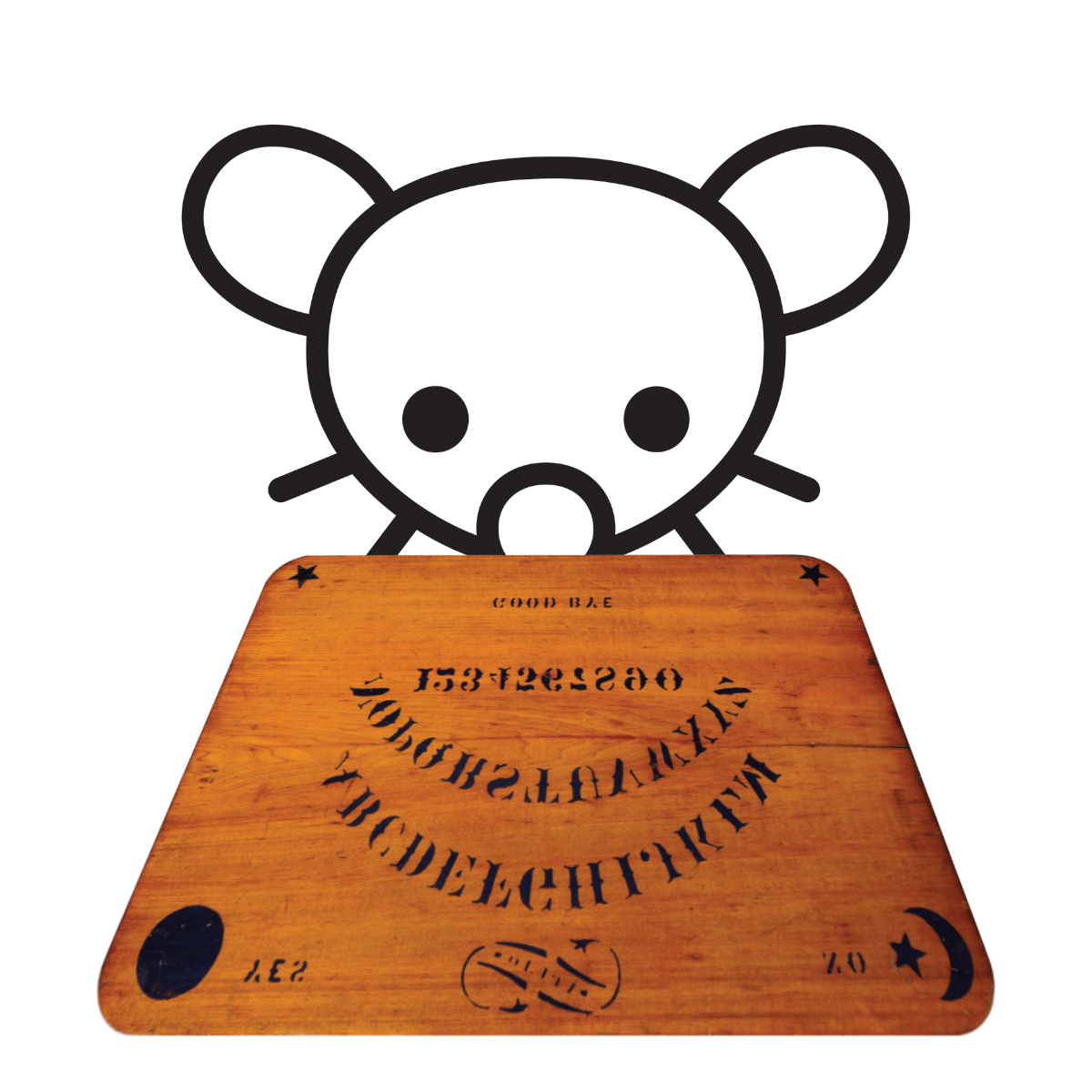

I mean I get it, and there isn’t much else a citizen could do.
But won’t raising wages just increase the inflation? We need more production and options to bring prices down, no? (Besides less capitalist greed ofc)
In that vein, wouldn’t it be more helpful with something like state sponsored farms and/or higher taxation of capital returns?
















I get it, the world is overwhelming, and one person can’t possibly neither bear nor solve it all.
What helps is limiting your scope: lower your media diet, focus on real people and relationships, focus on the things you can do something about, and do those well.
That’s not the same as doing your thing at the expense of others’, but that it’s fine to learn and correct and simplify as best you can. If you learn that your car is made from endangered child labor and methane leeching radioactive rain forest - you don’t have to burn it at once, but be mindful not to get that type of car the next time.
Find one goal and task and keep your head down until you reach it, it’s the only way any of us can get any real work done.